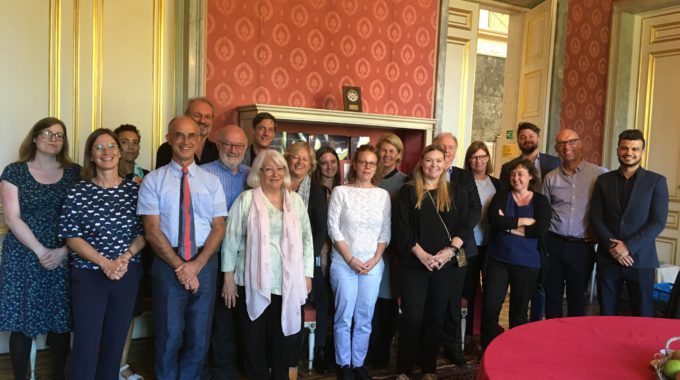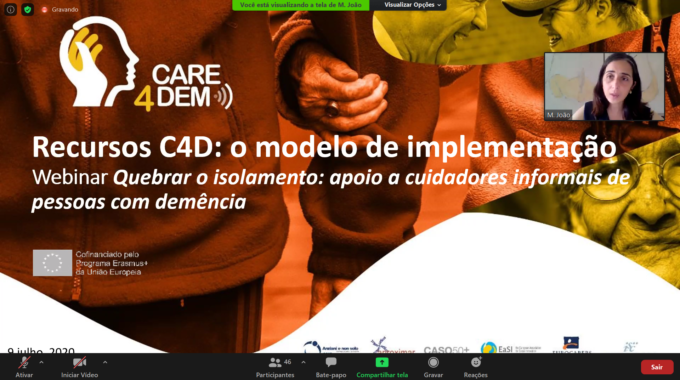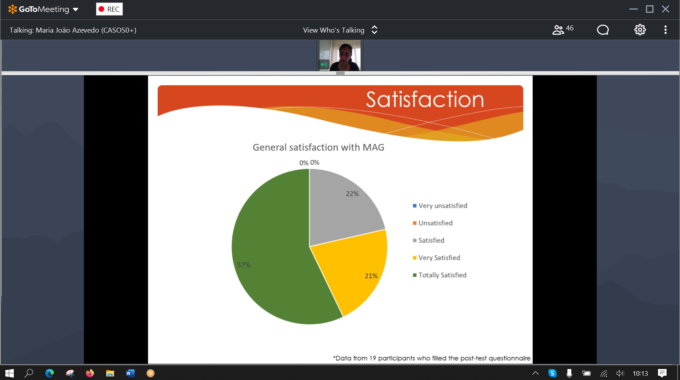
Successful CARE4DEM’s multiplier event on 12 September 2019 in Brussels.
On 12 September, Eurocarers hold a European CARE4DEM multiplier event, in the form of a Study Visit on ICT-based solutions for carers and in particular innovative solutions aimed at breaking the isolation they too often suffer from. This event brought together 28 participants from 14 countries for a fascinating day of exchange of experience and discussion. It was very well appreciated by participants.
The day provided an opportunity for practitioners and researchers from across Europe to learn from each other, and take stock of knowledge and experience present within Eurocarers’ network, which is particularly useful in this area where innovative practices are not always documented in detail given the endemic lack of resources.
Two sessions focused on the CARE4DEM project (presenting Intellectual Outcomes 01, 02 and 03 in particular), ensuring Eurocarers’ members full awareness and involvement regarding this project. Other projects and initiatives were presented and discussed.
In addition, a panel discussion was organised with Birgit Morlion, Programme Officer at the European Commission (DG CONNECT, eHealth, Well-being and Ageing), Silas Olsson, Director of the ‘Health Access’ consultancy (Sweden) and Dorota Sienkiewicz, Policy Coordinator at EuroHealthNet. The lack of digital health literacy, the difficulties of scaling up promising innovations, and the role of public authorities were considered as key challenges. Potential opportunities for advocacy and support were identified at EU level.
To conclude the day, participants spent a last session on drawing common conclusions and laying the ground for future joint initiatives, aimed at ensuring that informal carers take an active role in this crucial as well as rapidly evolving area.





